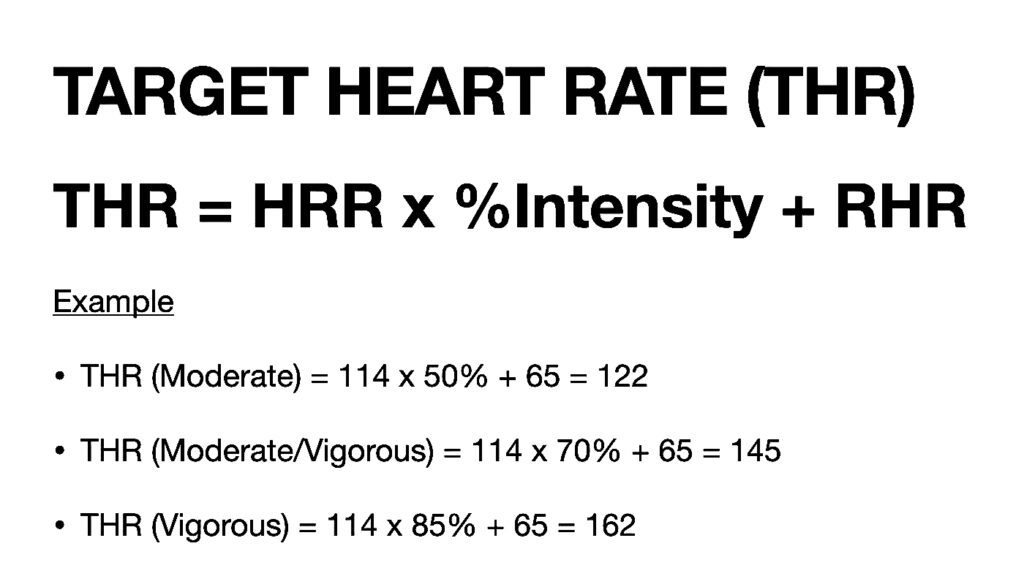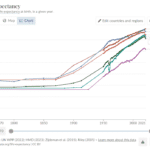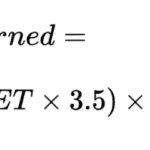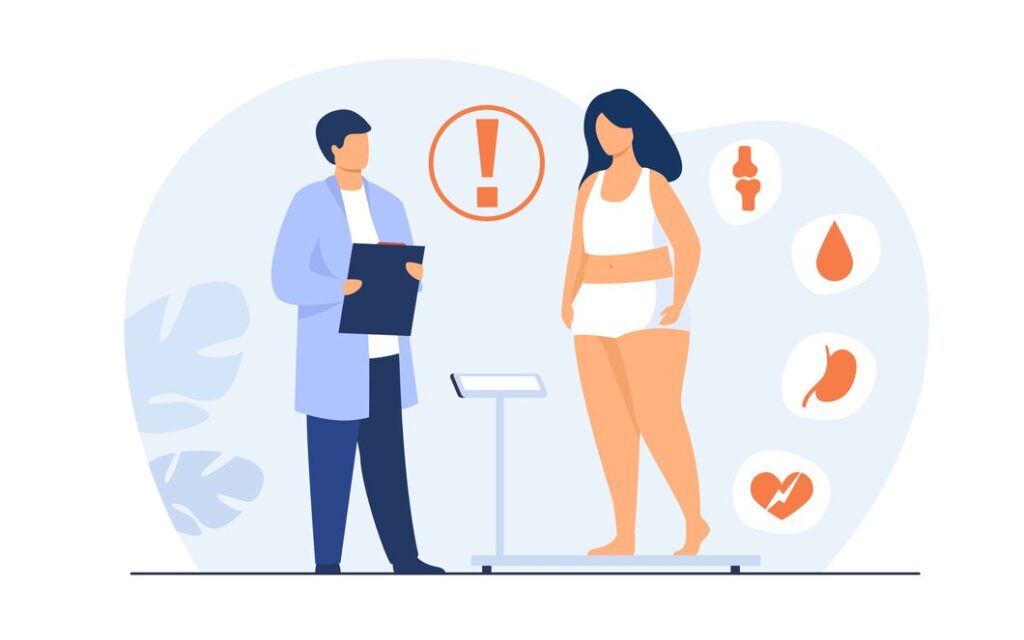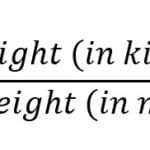how to tell if you’re fit for your age? Calculate Fitness Age
This concept has gained popularity as a way to measure how well your body is aging in relation to your actual age. Unlike chronological age, which counts the number of years you have lived, fitness age takes into account various factors such as physical fitness, cardiovascular health, and body composition. By understanding and improving your this, you can adopt lifestyle changes that help you stay youthful, energetic, and healthy.
Fitness Age Calculator
Common Questions about Body Mass Index –
Satisfied with Free Fitness Age Calculator? We have lots more…
Get to know more about your physical attributes and track calories, find food recipes to stay fit and healthy. 100s of calculators for free such as BMI, Body Fat calculator and more.
What Is my Fitness Age and Why Does It Matter?
Fitness age refers to a metric that assesses an individual’s physical fitness level relative to their chronological age. Unlike your actual age, which counts the years you’ve lived, fitness age evaluates how well your body functions physically. A lower fitness age indicates a higher level of fitness, suggesting that your body is more youthful than your actual age.
The Importance of Fitness Age
Understanding your fitness age is crucial because it provides insight into your overall health and potential longevity. Research indicates that a lower fitness age is associated with a reduced risk of chronic diseases such as heart disease, diabetes, and certain cancers. Moreover, maintaining a youthful fitness age can enhance quality of life, improve mental health, and increase life expectancy.

How do I calculate my fitness age? A Step-by-Step Guide
Assessing Your VO₂ Max
The most accurate measure of fitness age is through VO₂ max, which quantifies the maximum amount of oxygen your body can utilize during intense exercise. Higher VO₂ max values correspond to better cardiovascular fitness and a younger fitness age.
Using Online Fitness Age Calculators
For a convenient assessment, online tools like we have given above and estimate your fitness age based on factors such as age, gender, waist circumference, physical activity levels, and resting heart rate. These calculators provide a practical alternative to laboratory testing.
Performing Simple Fitness Tests
Alternatively, basic fitness tests can offer insights into your fitness age:
- Resting Heart Rate Test: Measure your pulse after resting; a lower resting heart rate often indicates better fitness.
- Push-Up Test: Count how many push-ups you can perform consecutively; higher counts suggest greater muscular endurance.
- One-Mile Run/Walk Test: Time how long it takes to complete a mile; faster times reflect superior aerobic capacity.
These assessments can help gauge your fitness level and track improvements over time.

Fitness Age vs. Chronological Age: What’s More Important?
The Disparity Between Fitness and Chronological Age
While chronological age is a fixed measure, fitness age is dynamic and can be influenced by lifestyle choices. It’s possible for individuals to have a fitness age significantly younger or older than their actual age, depending on their physical activity, diet, and overall health habits.
Prioritizing Fitness Age for Health Benefits
Focusing on reducing your fitness age can lead to substantial health benefits. Engaging in regular physical activity, maintaining a balanced diet, and adopting healthy lifestyle practices can effectively lower your fitness age, thereby decreasing the risk of age-related diseases and enhancing overall well-being.
How Fitness Age Affects Your Overall Health and Longevity
How Diet Affects Your Fitness Age (And What to Eat)
How to lower your fitness age?
To reduce your age and enjoy the benefits of a healthier lifestyle, consider the following tips:
- Maintain a Healthy Diet
Consume a balanced diet rich in fruits, vegetables, lean proteins, whole grains, and healthy fats. Avoid processed foods, excessive sugar, and unhealthy fats. - Exercise Regularly
Engage in a mix of cardiovascular, strength, and flexibility exercises to maintain overall fitness. Aim for at least 150 minutes of moderate-intensity aerobic activity or 75 minutes of vigorous activity per week. - Monitor Your Heart Health
Regularly check your resting heart rate and blood pressure. Seek medical advice if you notice significant changes or irregularities. - Stay Hydrated
Drink plenty of water to maintain optimal bodily functions and support energy levels. - Prioritize Sleep
Aim for 7-9 hours of sleep daily to support physical recovery and mental well-being. - Manage Stress
Incorporate stress-reduction techniques such as yoga, meditation, or deep breathing exercises into your daily routine. - Avoid Harmful Habits
Limit alcohol consumption and avoid smoking to protect your cardiovascular health and reduce the risk of chronic diseases.
Best Workouts to Reduce Your Fitness Age Quickly
- High-Intensity Interval Training (HIIT)
HIIT workouts alternate between intense bursts of activity and fixed periods of less-intense activity or rest. This method efficiently improves cardiovascular fitness and burns calories in a short amount of time. A simple HIIT workout could include:- 30 seconds of sprinting
- 30 seconds of walking (repeat for 15-20 minutes)
- 40 seconds of jump squats
- 20 seconds of rest (repeat for 3 rounds)
- Cardio Workouts (Running, Cycling, Swimming, Rowing)
Endurance exercises like running and cycling boost cardiovascular efficiency, improving VO₂ max and reducing fitness age. Aim for at least 150 minutes of moderate-intensity cardio per week. - Strength Training
Building muscle mass helps maintain metabolism and supports joint health. Include compound exercises like:- Squats and Deadlifts (Full-body strength)
- Push-ups and Pull-ups (Upper body strength)
- Lunges and Step-ups (Lower body strength)
- Flexibility and Mobility Workouts (Yoga & Stretching)
Maintaining flexibility reduces injury risk and enhances movement efficiency. Try:- Dynamic stretching before workouts (leg swings, arm circles)
- Static stretching after workouts (hamstring stretch, shoulder stretch)
- Yoga poses like Downward Dog, Warrior Pose, and Pigeon Pose
- Prioritize Sleep
Aim for 7-9 hours of sleep daily to support physical recovery and mental well-being. - Manage Stress
Incorporate stress-reduction techniques such as yoga, meditation, or deep breathing exercises into your daily routine. - Avoid Harmful Habits
Limit alcohol consumption and avoid smoking to protect your cardiovascular health and reduce the risk of chronic diseases.
Conclusion
Understanding your fitness age can be a powerful motivator to adopt healthier habits and improve your quality of life. By focusing on physical fitness, cardiovascular health, and overall well-being, you can reduce your fitness age, look younger, and feel more energetic. Use the fitness age calculator to track your progress and make informed decisions about your health journey. Embrace a lifestyle that supports longevity, vitality, and a youthful outlook on life.

